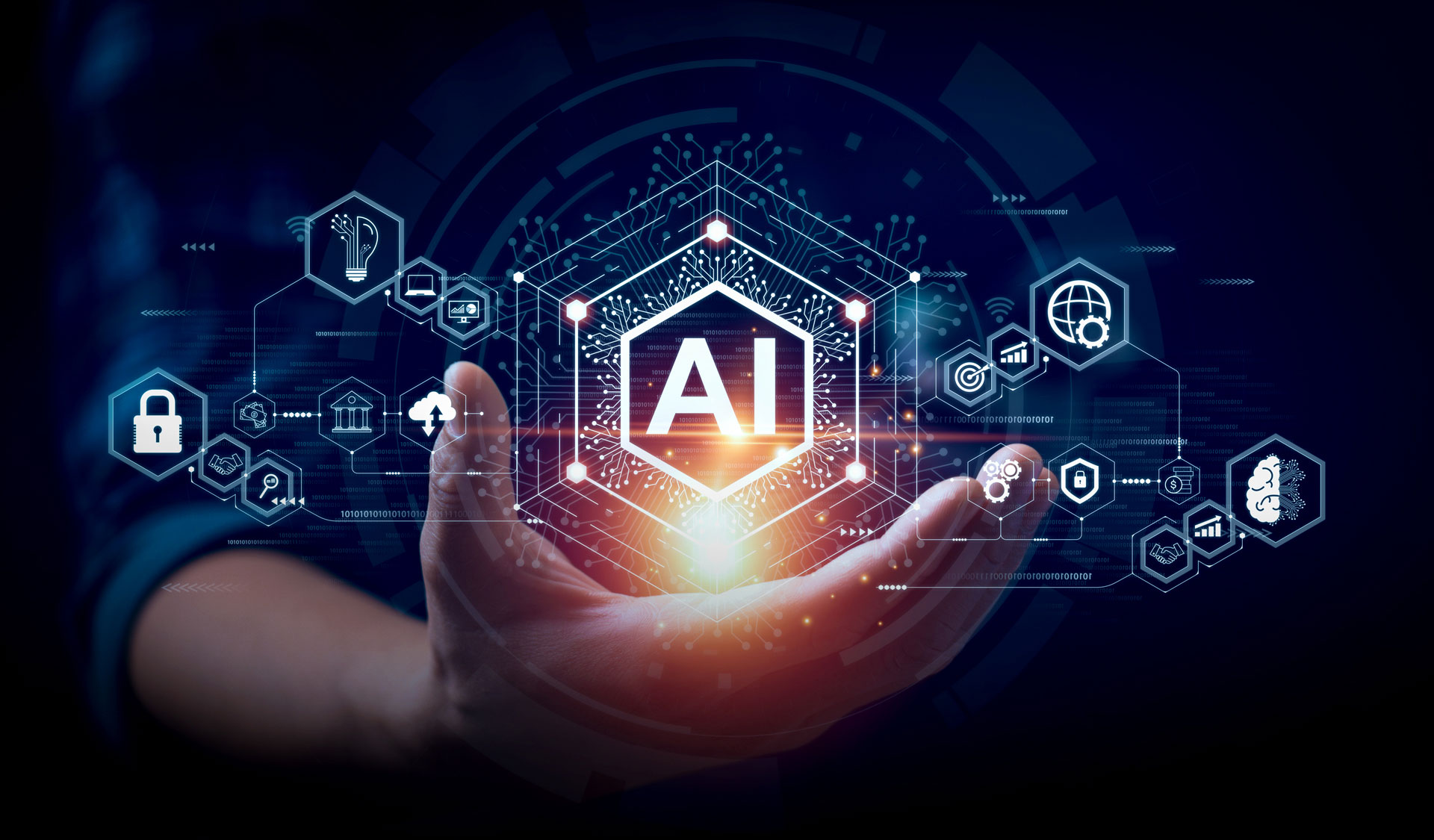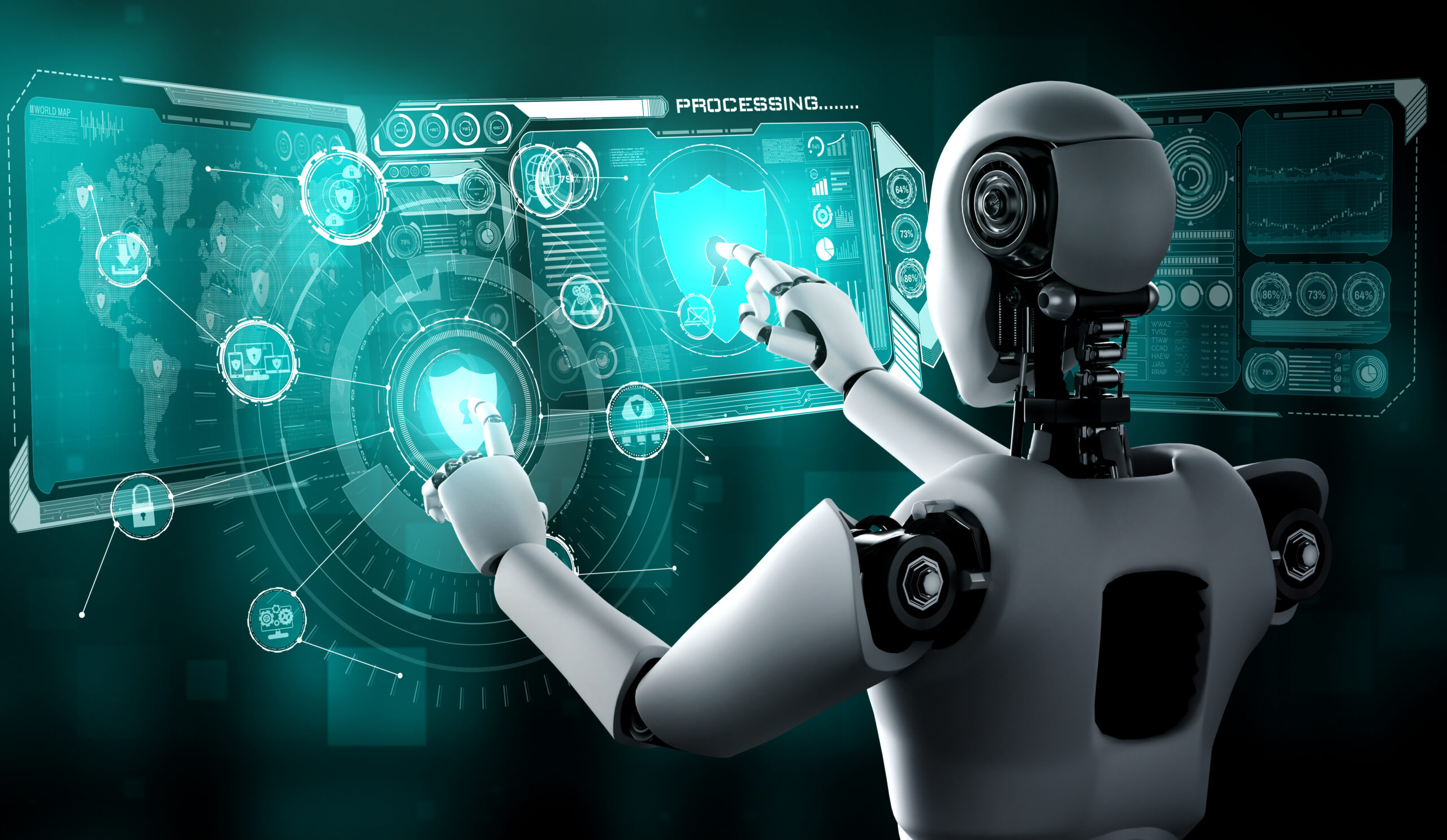Technology is changing our world at an impressive speed! Its sweeping modifications can be discovered all over and they can be referred to as both thrilling, and at the very same time scary. Although individuals in lots of parts of the world are still attempting to come to terms with earlier technological transformations together with their sweeping social and educational implications - which are still unfolding, they have been woken up to the truth of yet another digital revolution - the AI transformation.
Artificial Intelligence (AI) technology refers to the ability of a digital computer system or computer-controlled robot to perform jobs that would otherwise have actually been performed by human beings. AI systems are designed to have the intellectual procedures that characterize humans, such as the ability to factor, find significance, generalize or discover from past experience. With AI technology, vast amounts of details and text can be processed far beyond any human capacity. AI can also be used to produce a vast range of new content.
In the field of Education, AI innovation includes the prospective to enable new types of mentor, learning and academic management. It can also improve finding out experiences and support teacher jobs. However, in spite of its favorable capacity, AI likewise presents substantial dangers to trainees, the mentor community, education systems and society at big.
What are some of these risks? AI can minimize mentor and finding out procedures to computations and automated tasks in manner ins which devalue the function and impact of instructors and weaken their relationships with students. It can narrow education to just that which AI can process, design and deliver. AI can also aggravate the around the world shortage of qualified instructors through out of proportion costs on innovation at the cost of investment in human capability development.
Making use of AI in education likewise produces some basic concerns about the capability of instructors to act actively and constructively in identifying how and when to make judicious use of this technology in an effort to direct their expert growth, discover options to challenges they face and enhance their practice. Such fundamental concerns consist of:

· What will be the function of instructors if AI innovation end up being widely carried out in the field of education?
· What will assessments appear like?
· In a world where generative AI systems appear to be developing brand-new capabilities by the month, what abilities, outlooks and competencies should our education system cultivate?
· What changes will be needed in schools and beyond to help students strategy and direct their future in a world where human intelligence and device intelligence would seem to have become ever more closely connected - one supporting the other and vice versa?

· What then would be the function or function of education in a world dominated by Artificial Intelligence innovation where humans will not necessarily be the ones opening brand-new frontiers of understanding and knowledge?
All these and more are daunting questions. They force us to seriously consider the issues that occur concerning the implementation of AI technology in the field of education. We can no longer just ask: 'How do we get ready for an AI world?' We must go deeper: 'What should a world with AI appear like?' 'What functions should this powerful technology play?' 'On whose terms?' 'Who decides?'

Teachers are the primary users of AI in education, and they are expected to be the designers and facilitators of trainees' learning with AI, the guardians of safe and ethical practice across AI-rich instructional environments, and to serve as good example for long-lasting discovering AI. To presume these duties, instructors require to be supported to develop their capabilities to utilize the prospective advantages of AI while alleviating its risks in education settings and larger society.
AI tools should never ever be created to change the legitimate accountability of teachers in education. Teachers need to stay liable for pedagogical choices in using AI in mentor and in facilitating its usages by trainees. For instructors to be accountable at the practical level, a pre-condition is that policymakers, instructor education organizations and surgiteams.com schools assume duty for preparing and supporting instructors in the appropriate use of AI. When presenting AI in education, legal defenses should also be established to secure instructors' rights, and long-term monetary commitments require to be made to ensure inclusive gain access to by teachers to technological environments and basic AI tools as important resources for adjusting to the AI era.

A human-centered method to AI in education is vital - a method that promotes essential ethical and
practical concepts to assist control and guide practices of all stakeholders throughout the whole life process of AI systems. Education, provided its function to safeguard as well as help with development and knowing, has an unique obligation to be completely aware of and responsive to the risks of AI - both the recognized threats and those only just emerging. But too frequently the dangers are ignored. Making use of AI in education therefore requires cautious consideration, including an examination of the progressing roles teachers require to play and the proficiencies required of instructors to make ethical and reliable use of Expert system (AI) Technology.
While AI uses chances to support instructors in both teaching along with in the management of learning processes, significant interactions between teachers and trainees and human flourishing ought to remain at the center of the educational experience. Teachers ought to not and can not be replaced by technology - it is essential to secure instructors' rights and ensure sufficient working conditions for them in the context of the growing usage of AI in the education system, in the work environment and in society at large.






